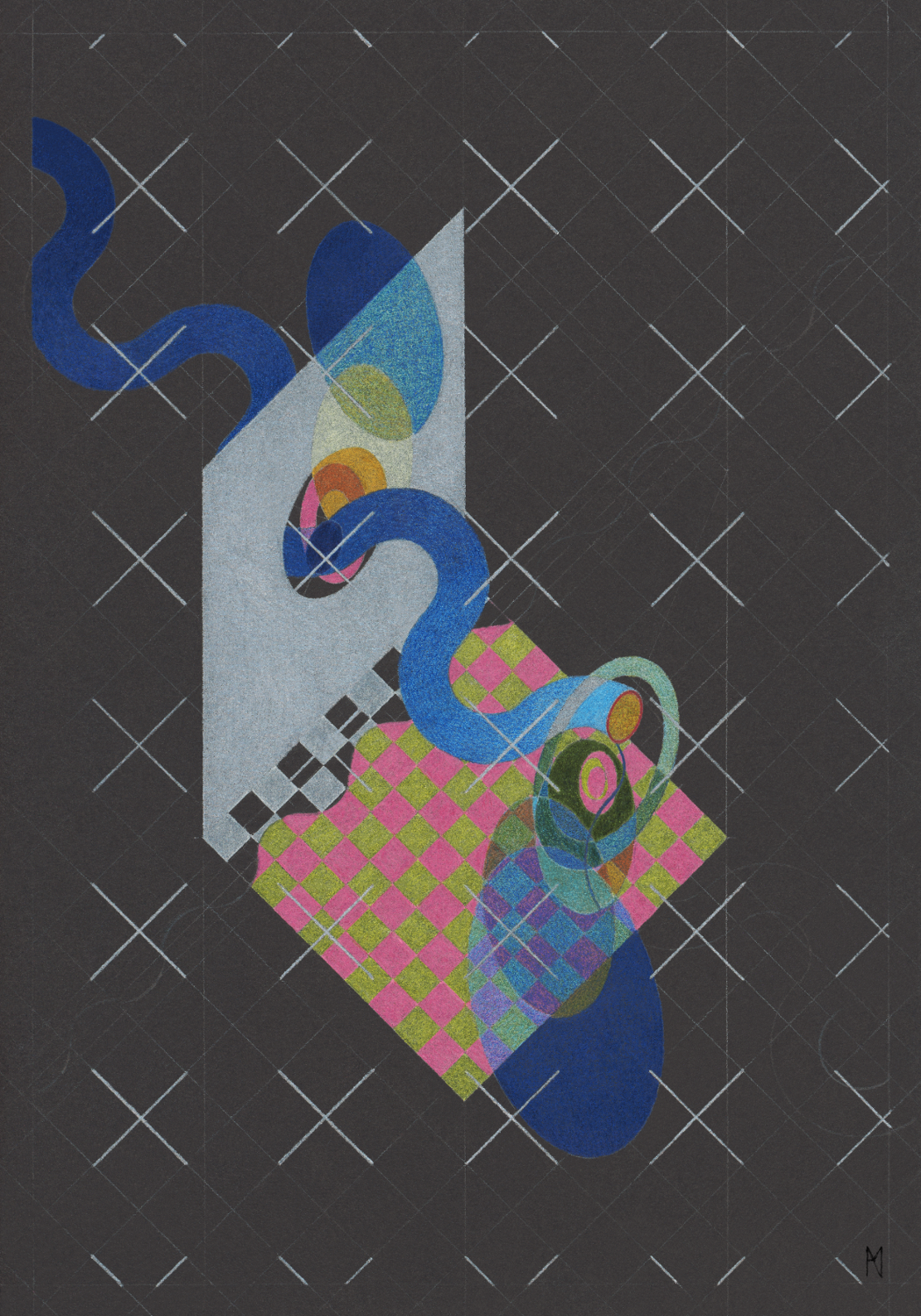Fishing
Spanish has two words for fish—
pescado for the edible dead,
pez for the swimming, the living.
Two words, also, for being—
ser, estar: to be, to be.
That is not the question for this fish here
who must move to breathe,
who both is and is
moved by the blue
waves, again, the waves.
In English, to fish is to kill
a fish. The thing and its undoing
are caught on the line, pulled taut
as the fish tries to conjugate his being
into its doubling
across the boundary he has just crossed—
without knowing what a boundary is—
from verb to noun.
Until now, the fish has only ever known
respiration to be a passing affair
but now it must be suction—
to take from air the same mocking oxygen
that makes his breath sound like grief
when it approaches laughter.
His breath shallows now
to the same depth as his eye,
wide and flat as the unbreathable world
in my father’s old maps when he held
my hand in his tremendous hand
to trace my finger around the edges
of countries that no longer exist
for the porousness of their borders,
collapsed under foreign invasion,
and he told me to breathe lightly
upon this delicate, disintegrating world,
but I held my breath entirely
because he held my hand
as we touched the paper lightly
to mark out history’s fantasies.
When he let go I knew
the world was flat and I could fall off it
because our fingers stopped always at the sea.
I could have collapsed like the delirious Greeks
and stuttered, The sea! The sea!
because the sea marked the end
of my father’s time for hobbies—
me, and the maps—
and it is this same sea, the same,
into which I slipped for holding on too lightly
to the dock post which marks the spot
where we scattered him out to sea,
and I held my breath lightly
as the water broke for my body
to pass across the line where
being and not meet
and buckle, like waves under the weight
of their own form.
* This poem is told in the voice of Toni Oppenheimer, a translator and daughter of J.R. Oppenheimer, who tried and failed to kill herself in the same bay off the coast of St. John where she scattered her father’s ashes.
Lauren Delapenha is a poet and English tutor who recently completed her Masters in Creative Writing at the University of Oxford. In 2019, she received the Grindstone Literary International Poetry Prize. She currently lives and works in her hometown of Montego Bay, Jamaica.
<< Go back to Ken Babstock’s “, comma”, ‘Bonavista’, & ‘Lightwell’

